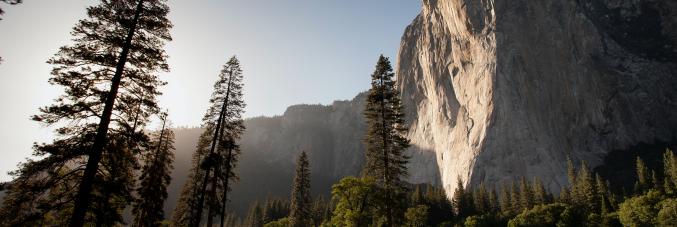
CHANGING HERITAGE LANDSCAPES Seminar Series | How protected areas create new narratives for regional development: Nature conservation, landscape stereotypes and contested heritagization processes
Sala Africa, Palazzo Wollemborg, via del Santo 26, 35123 Padova
13.04.2023
h 16:30
Erik Aschenbrand (Eberswalde University for Sustainable Development), How protected areas create new narratives for regional development: Nature conservation, landscape stereotypes and contested heritagization processes
Online at: https://bit.ly/3kCDTmJ
The expansion of the existing global protected area estate is one of the declared goals of the recently adopted Global Biodiversity Framework. In the future protected areas should be more integrative and promote regional development. However, integrative protected area concepts such as biosphere reserves often receive less attention (and funding) than, for example, national parks. The article discusses different protected area narratives by using practical examples and asks how we use protected areas to shape landscape and position ourselves as a society in a relationship to nature. Conflicts over the designation of protected areas illustrate that there is no singular societal perspective on nature, but rather that there are usually a multitude of different interpretations of landscape. The designation of a protected area often involves the heritagization of a particular interpretation of the landscape, which is given priority over alternatives.
Erik Aschenbrand is Professor of International Nature Conservation and Social Ecological Sustainability Processes at Eberswalde University for Sustainable Development in Germany. Before joining the university, he worked in various protected areas: Bavarian Forest National Park, Middle Elbe Biosphere Reserve and Reinhardswald Nature Park.
Photo: El Cap, Yosemite National Park, United States. Autor: Adam Kool via unsplash.com





